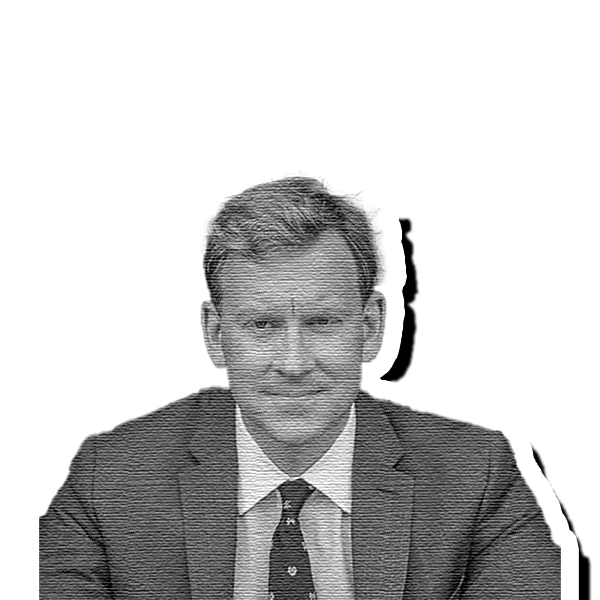Dr. Michael R. J. Bonner - In Defense of Civilization
What makes civilization? What do we stand to lose from it's collapse? And what is the path forward to renewal?

Dr. Michael J. Bonner takes us on a fascinating journey from his early studies in classical and oriental languages to becoming a leading expert in Iranian history and a political advisor. We uncover the transition from academia to politics, driven by his early political engagement. Bonner's new book, "In Defence of Civilisation," born out of the COVID lockdowns, offers a critical reflection of what makes civilization, what we stand to lose from a collapse, and the path forward to renewal.
We also explore the unintentional rise of monasteries as educational powerhouses during the early Middle Ages. Initially serving basic administrative and religious needs, these institutions evolved into cultural havens due to the literate class of monks. Michael highlights the influence of Gregory the Great's missionaries in Britain and how civilizations often turn to their past for inspiration in times of decline, drawing a parallel to the current state of our world and questioning what has gone wrong, whilst reflecting on the disillusionment with the 1990s' promises of liberal democracy and social and technical harmony.
Finally, we critique modern town planning and the shift from traditional values to progressive ideologies, examining the resultant social isolation and disappointment with technological advancements. Emphasizing the need for stability, continuity, and shared culture, we reflect on the erosion of communal spaces and the balance between career success and inner fulfillment. The episode concludes with a look at global cultural trends and how Western societies might reclaim their heritage in the face of these challenges.